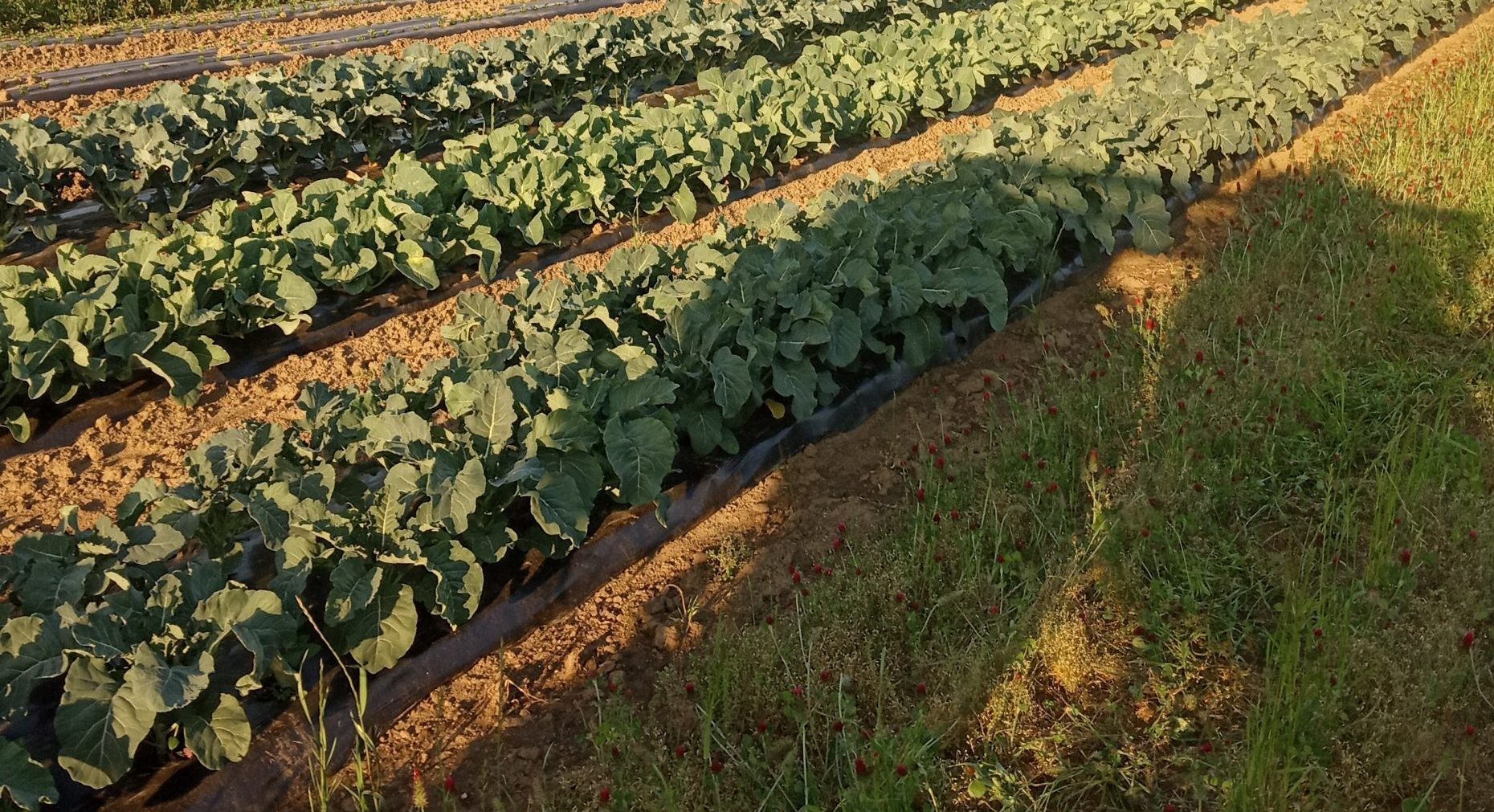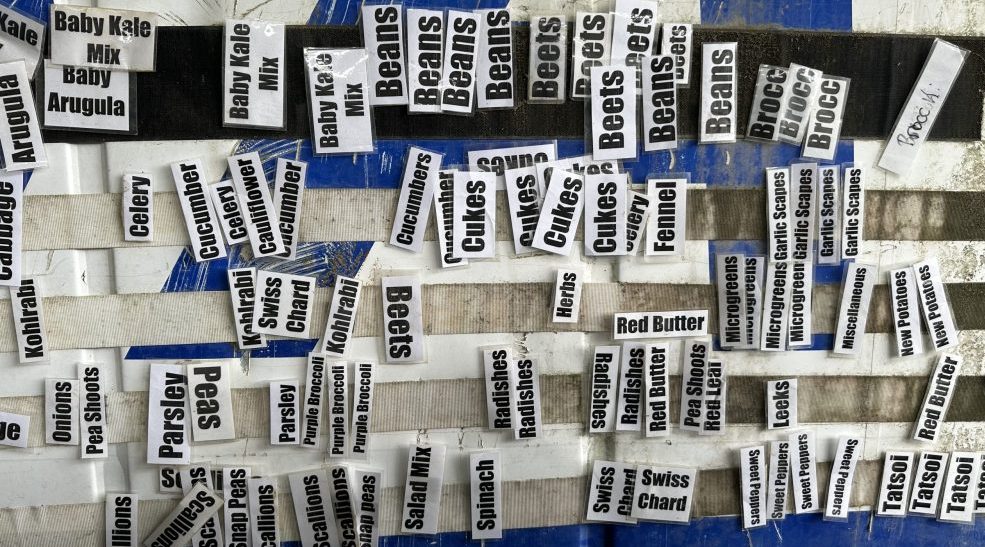The Challenge
Many farms use practices that are not safe for the environment in order to meet demands and supply large quantities of food. Many organic farms face challenges and limitations when in competition with conventional farms,
The Approach
Brandon Family farms organically in accordance with the National Organic Program and their guidelines for natural inputs without using synthetic processes. Organic farms require a high degree of labor and can be very costly, but supply many benefits, for example, eliminating chemicals and environmental dangers such as pesticides.


By The Numbers
Since this Brandon Family Farm started in 2014, they have expanded production to over 16 acres of land with over 40 kinds of organic fruits and vegetables.
- Number of farmers helped: 3
- Number of acres in production: 16
- Number of organic produce: 40
- Number of CSA members: 175
Preserve and Grow Agriculture Industries
Brandon Family Farm is a Good Agricultural Practices certified organic farm that sells produce to local groceries, farmers’ markets, and restaurants and works towards economic risk reduction and to ensure more safety for consumers.
Program Description
Brandon Family Farm is a certified organic farm that produces over 40 different kinds of organic fruit and vegetables and provides fresh food to the local community through local groceries, restaurants, and farmers’ markets.
Brandon Family Farm has just recently been able to work with the RI DEM and their Farmland Access Program which supplies affordable farmland to grow organic goods. The farm also sells shares through a Community Supported Agriculture (CSA) program which allows the farm to sell their produce directly to the consumer.
Future Plans
Brandon Family Farm plans on building more greenhouses, which help them grow out-of-season plants and allows for year-round growth, and keeps pests out while also protecting crops from diseases. The organic farm relies on cover crops and organic fertilizers to maintain healthy soil for crop growth. Extra crops are donated to local food banks or fed to local farm animals.
This story was prepared by Cassidy Thatcher.

